What is an ICP?
It stands for Ideal Customer profile, which Hubspot defines as “the perfect customer for what your organization solves for”. ICPs are used as hypotheticals; the profile of your ideal customer will have certain qualities and needs that make them more likely to benefit from buying what you’re selling, and therefore become a higher value customer. Closing with more ideal customers allows go-to-market and product teams to align their strategy and goals over time and lose fewer resources to customer churn from bad-fit customers.

What is an ICP for?
ICPs are used across a wide spread of go-to-market functions, most commonly Sales and Marketing, to secure a shared understanding of who the company should be trying to sell to, and how. A solid ICP should support salespeople and marketers in outlining the problems their product solves and for whom. An ICP can be a vital component of planning for the future, whether that’s product roadmapping, hiring, budget or setting revenue targets.
How do you define an ICP?
Start with your business plan. Who do you think you’re selling to? Map out everything you know about those hypothetical and/or real customers: what is their marketplace, company size, revenue, org chart like? What does that tell you about their budgeting and purchasing decisions? Are you selling a product or service that they would typically pay for or are you introducing a new or disrupting concept to their marketplace? You can get further insights from talking to current customers and getting user data from your product and/or customer success teams.
Your list of ICP attributes should come together to personify the customer for whom your solution is most valuable.
How is this different from a buyer persona?
Think of an ICP as a cluster within a graph, outlining where your best (or, to be specific, ‘highest fit’) customers share similarities to each other:
“a medium-sized company with a headquarters in a major city, that does international business in cloud computing consulting for insurance firms”
A buyer persona takes things a step further and defines who your customers are on an individual level: how senior are they within their organisation? What’s their educational or work background? What challenges are they facing within their organisation and in their business practice? What are their goals and motivators? What stack do they use in their day to day work? To what extent can they purchase solutions?
“Charlie has worked their way up to sales team lead and now needs productivity tools to help their sales reps achieve more success. They need accessibility, connectivity and integrations for your product to fit their growing and busy team”
How do I get started right now?
Your customer-facing colleagues all need to put their heads together to start sketching out those high-fit characteristics and qualification data that will be compatible with your business plan. That’s it - you’ve just made a strategy based on your ICP!
Don’t forget your CRM managers - they hold the keys to the kingdom with all that data. Key indicators will include win loss data, upsold customers, inbound conversions. Winning customers that align with your ICP will lead to better customer success in the long-term. How do I use my ICP to qualify prospects?
Use filters within your CRM and/or lead spreadsheets to align accounts with the qualities of your ICP, and prioritise by the highest fit to these qualifiers. Use your ICP to be razor-sharp in this process, and remember you can update your ICP as your new, data-led prospecting process gives you more insights.
How does the rest of my company benefit from the ICP?
You start going after ICP leads and suddenly the sales you are closing are higher value - but let’s say the qualities of your ICP mean a slower sales cycle. Management can make hiring decisions based on the needs of revenue-generating teams within this commercial strategy.
There’s great business to be had with your ICP leads, and there are problems they all share that your business could solve with a bigger technical team or by purchasing certain tools. Senior decision makers measure success by KPIs like growth, productivity, revenue or efficiency. Those top-line numbers have until now been describing revenue generated from a wide range of customers - so it’s hard to model for the future. Knowing that KPIs all describe a solid customer-base who share high-fit qualities for your business allows executives to put more faith in their numbers and plan with more certainty.
If you need help identifying the ICP and high-fit customers in your CRM, contact us to book a demo here.

